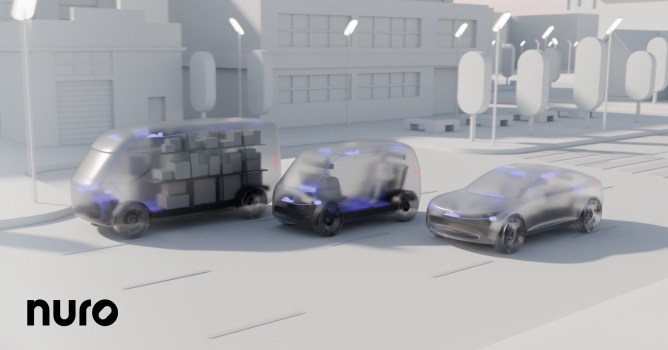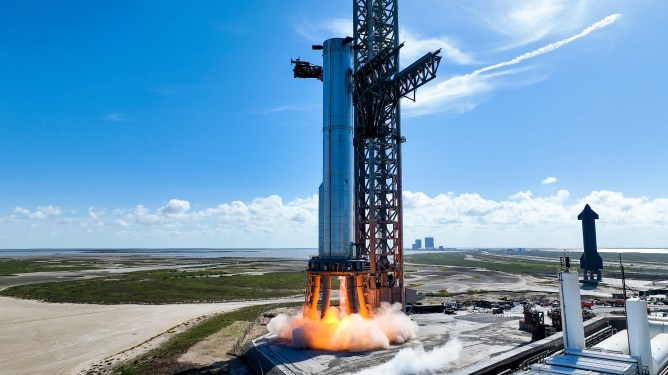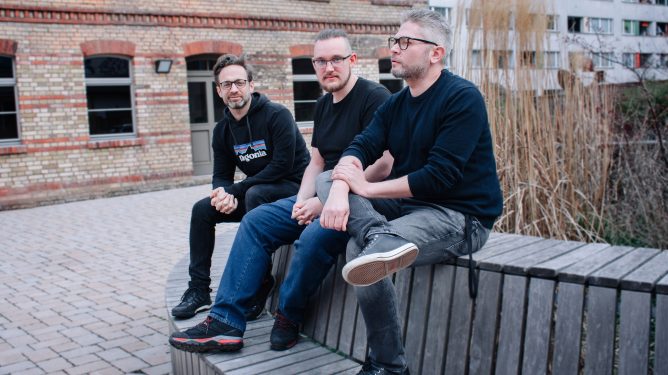In a significant pivot from its previous business strategy, Nuro is shifting its focus towards developing and licensing its autonomous driving technology to automakers and mobility providers. The company’s decision comes after multiple rounds of layoffs in 2022 and 2023, which aimed to conserve cash and extend the runway until unit economics make sense.
From Delivery Bots to Autonomous Technology
Nuro had been a darling of the AV industry, raising over $2 billion from high-profile investors. However, its previous business model had it burning cash fast. As the company’s founders said at the time of last year’s layoffs, "the race to commercial delivery deployments comes at a cost." By focusing on developing the AI, Nuro would be able to extend its runway from 1.5 years to 3.5 years.
New Business Strategy: Licensing Autonomous Technology
Nuro will now pursue two parallel go-to-market strategies:
Strategy 1: Full Level 4 Autonomous Driving Product
- The company will offer a full Level 4 autonomous driving product, including the AV software and hardware, to goods delivery and passenger mobility services.
- Nuro will no longer build the cute delivery vehicles that the company is known for.
Strategy 2: Working with OEMs and Suppliers
- Nuro will work with OEMs and their parts and services suppliers to build automated driving products for consumer vehicles that will range from Level 2 through to Level 4 driving systems.
- The SAE defines Level 4 autonomy as a driving system that can drive itself without human intervention in certain circumstances.
"We believe that it’s within reach to provide [L4] on personally owned vehicles, so the consumer use case of full L4 technology is what we’re most excited about," said Dave Ferguson, Nuro’s co-founder and president.
Competition in Autonomous Driving Technology
Nuro isn’t the only company to realize that deploying and operating self-driving vehicles is like throwing cash into a fire. Other startups in the space include Wayve, which recently announced a partnership with Uber,




